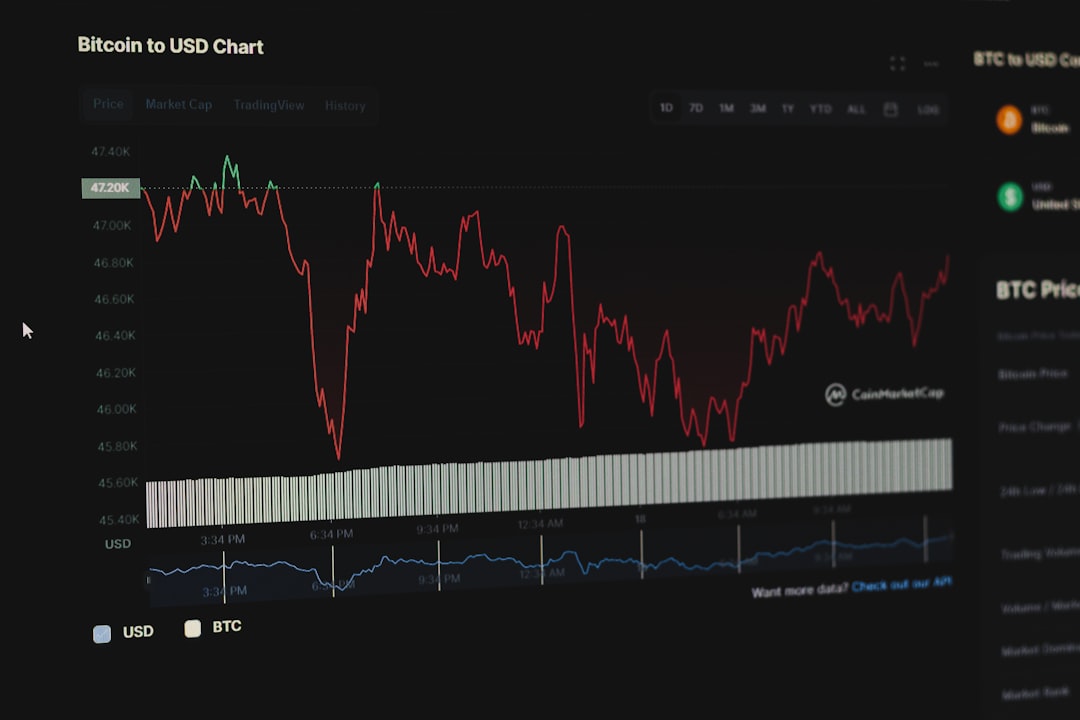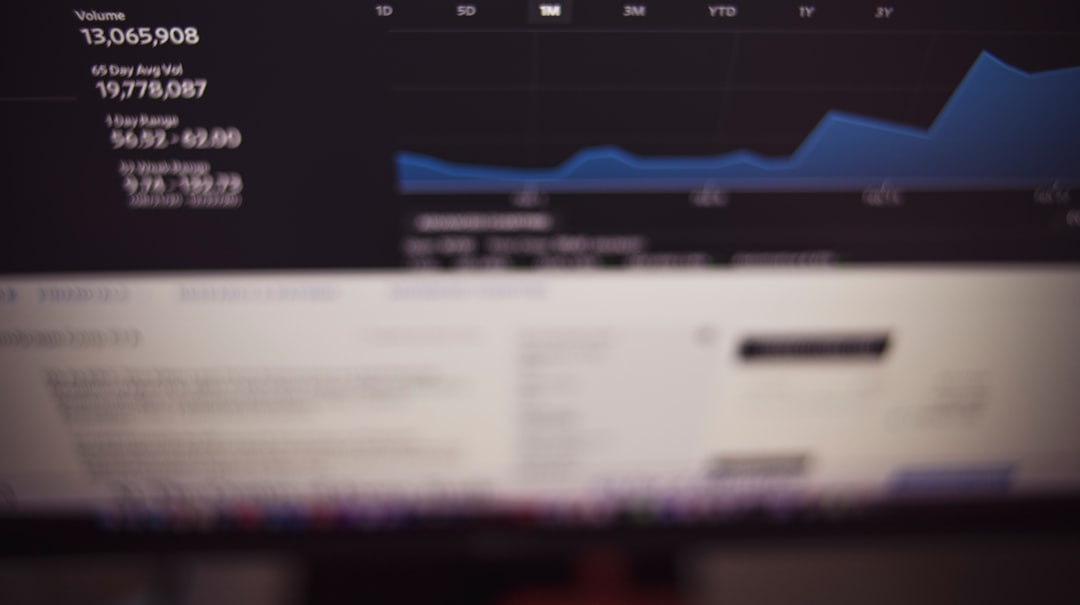The field of Search Engine Optimization (SEO) has evolved immensely over the last decade, and the role of data analytics in shaping robust SEO strategies has become increasingly vital. As we approach 2025, technological breakthroughs and deeper integrations between AI, big data, and SEO tools suggest a turning point in how digital marketers harness performance insights. The upcoming advancements in SEO-related data analytics will enable more accurate predictions, smarter automation, and highly personalized strategies for businesses of all scales.
One of the most anticipated changes is the increased use of real-time data processing. Current tools often rely on batch updates or delayed indexing. By 2025, we can expect SEO platforms to offer nearly immediate feedback on ranking changes, keyword performance, and competitor activity. This shift will support decision-making on the fly, allowing businesses to adapt more swiftly to search engine algorithm updates and emerging trends.
Closely tied to real-time capabilities is the integration of predictive analytics powered by AI. Leveraging historical search data and user behavior, SEO tools will increasingly forecast everything from organic traffic shifts to future keyword trends. These tools won’t just describe performance—they’ll predict it. For instance, marketers will be able to simulate the impact of potential content changes on rankings before implementation.

Another major frontier is contextual relevance and semantic understanding. Search engines, particularly Google, continue to improve their understanding of user intent through Natural Language Processing (NLP). In response, SEO analytics platforms will need to expand their focus beyond keywords and delve into contextual content coverage. By 2025, we can expect tools that analyze content not just at the surface level, but thematically—assessing whether a piece of content sufficiently addresses the range of subtopics and questions users might have about a keyword.
Key advancements we can anticipate include:
- Enhanced entity-based SEO analytics: Tools will map and analyze relationships between entities rather than just keywords, aligning with how Google is indexing information in its Knowledge Graph.
- Voice and visual search data integration: As more searches take place through voice assistants and image inputs, SEO tools will begin incorporating analytics on how content performs in these contexts.
- Multilingual and geo-personalized data insights: With global audiences increasing, analytics platforms will offer more granular segmentation for different regions and languages.
One particularly promising area is the fusion of user experience (UX) metrics with SEO data analytics. Historically analyzed separately, future SEO tools will merge metrics such as bounce rates, time on site, Core Web Vitals, and user interaction patterns to offer a holistic view of how user behavior influences rankings. This cross-disciplinary analysis will offer deeper insight into why a keyword may be underperforming, going beyond backlinks or metadata to assess usability factors.
This also opens the door to machine-learning-driven SEO recommendations. By examining success patterns across thousands of high-performing websites, advanced tools will generate AI-curated roadmaps for content improvement. These can include keyword usage patterns, optimal heading structures, internal linking strategies, and even suggestions for multimedia inclusion based on top-ranking competitors.

Moreover, by 2025, we anticipate SEO analytics platforms embracing privacy-centric tracking and analytics. With increasing restrictions from privacy regulations and changes in browser policies (such as the deprecation of third-party cookies), SEO tools will need to rely on first-party data, server-side analytics, and consent-based tracking. Tools will likely offer advanced anonymization protocols and enhanced data attribution models to maintain insight-rich strategies without compromising compliance.
In summary, major advancements in SEO data analytics by 2025 will likely include:
- Faster, real-time keyword and ranking tracking
- AI-powered predictive models for organic performance
- Semantic and entity-aware content analysis tools
- Unified dashboards combining UX and SEO performance data
- Privacy-first analytics approaches compliant with global standards
These forthcoming changes signal a paradigm shift in how marketers approach digital visibility. With smarter, more integrated insights at their fingertips, SEO professionals will not just optimize—they’ll strategize with scientific precision. For businesses preparing for future competitiveness, embracing these analytics innovations will be key to sustaining organic growth in an increasingly dynamic digital landscape.
